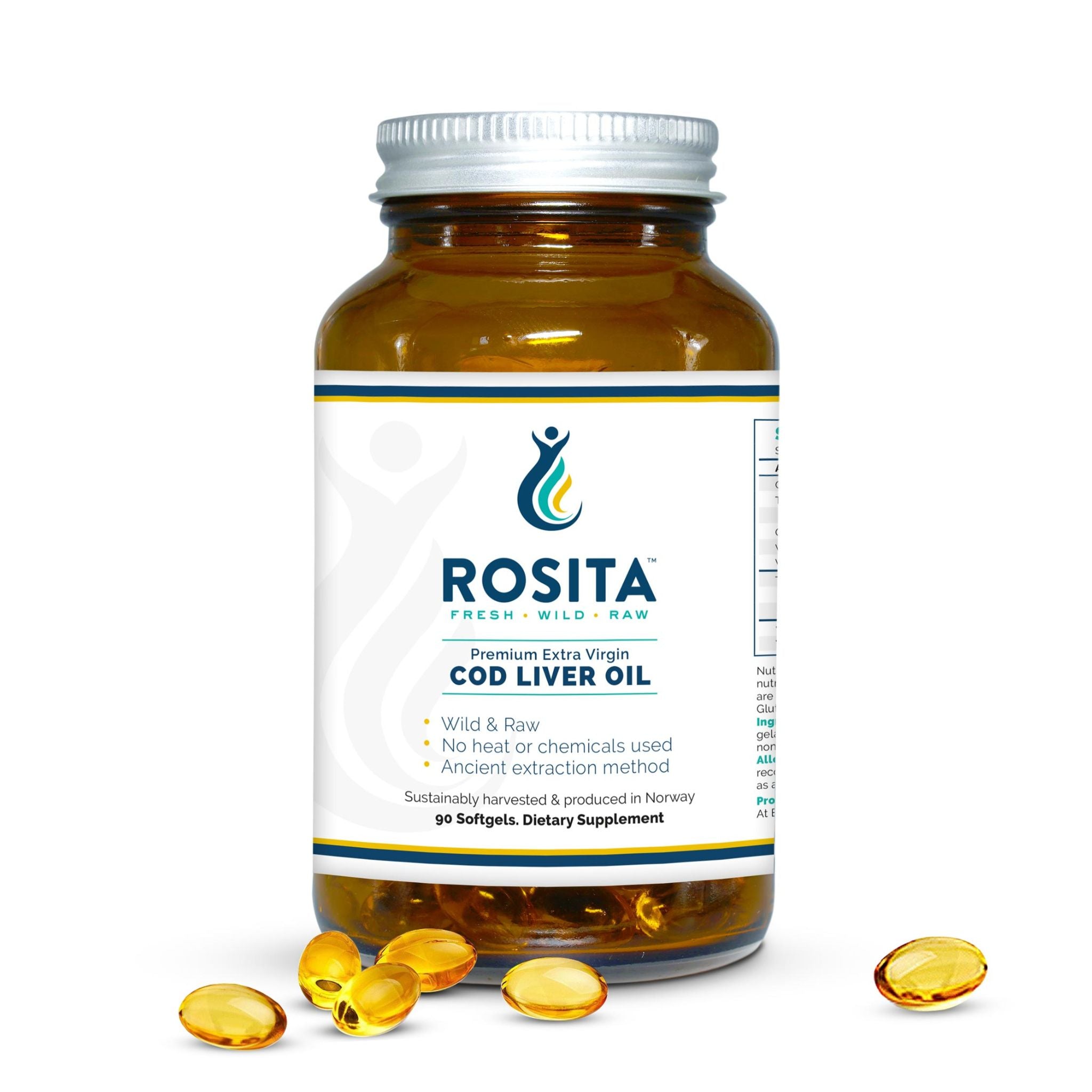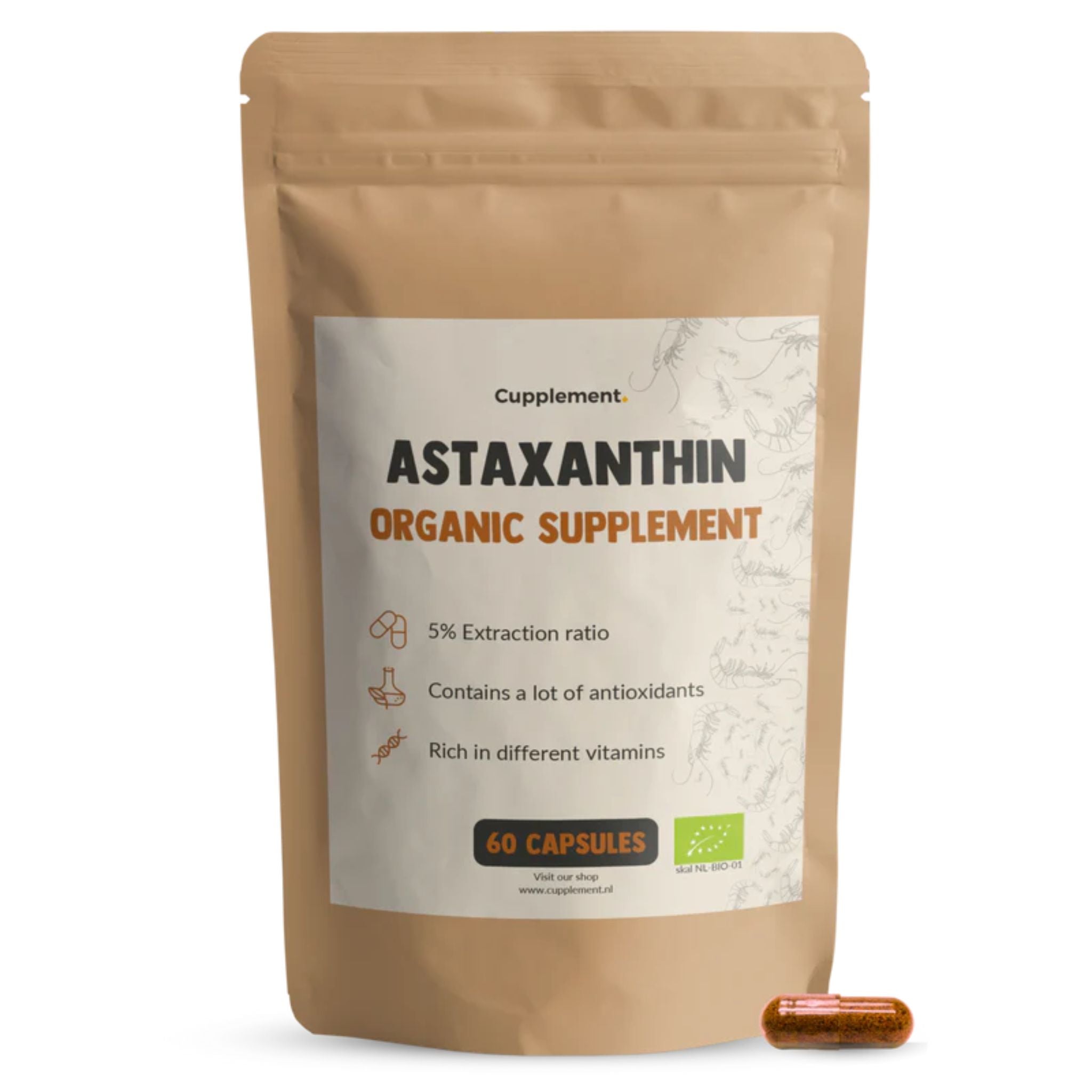Ashwagandha: The Ancient Herb for Modern Wellness
In the world of natural remedies and holistic health, few herbs are as celebrated as Ashwagandha. This adaptogen, known for its ability to help the body handle stress, has been a staple of Ayurvedic medicine for thousands of years. But what exactly is Ashwagandha, and why has it gained such a devoted following? In this article, we’ll dive into the origins, benefits, and uses of Ashwagandha and explore how it can support your journey toward wellness.
What is Ashwagandha?
Ashwagandha, scientifically known as Withania somnifera, is a small evergreen shrub native to India, the Middle East, and parts of Africa. Its roots and berries have been used in traditional Indian medicine for over 3,000 years. In Sanskrit, the word "Ashwagandha" translates to "smell of the horse," a reference both to its distinct smell and to the belief that it can impart the strength and vitality of a stallion.
In Ayurvedic practices, Ashwagandha is classified as a Rasayana, which means it's used to promote youth and longevity. It's also known as an adaptogen, meaning it helps the body adapt to stress by normalizing physiological functions. Whether you're dealing with physical, chemical, or biological stressors, Ashwagandha might be the key to maintaining balance.
The Science Behind Ashwagandha
While Ayurvedic practitioners have been singing its praises for centuries, modern science has only recently begun to catch up. Research on Ashwagandha has shown promising results, with studies suggesting that it can improve mental and physical health in a variety of ways. Its active compounds, known as withanolides, are believed to have anti-inflammatory, antioxidant, and stress-relieving properties.
Studies also indicate that Ashwagandha may regulate cortisol levels, the body’s primary stress hormone, and promote a sense of calm. Additionally, research suggests that Ashwagandha could positively influence neurotransmitters like serotonin and GABA, which play a key role in mood regulation.
The Benefits of Ashwagandha
1. Stress Reduction and Anxiety Relief
Perhaps the most popular benefit of Ashwagandha is its ability to reduce stress and anxiety. In our fast-paced, modern world, stress has become a nearly universal issue. Ashwagandha acts as a natural stress reliever by lowering cortisol levels and improving the body’s resilience to stressors. Some studies show that people who regularly take Ashwagandha experience a significant reduction in stress and anxiety, often reporting a greater sense of calm and well-being.
2. Improved Sleep Quality
Poor sleep can have far-reaching effects on both physical and mental health. Ashwagandha, with its calming properties, can help improve sleep quality by relaxing the nervous system. Research has shown that it may help people fall asleep faster, stay asleep longer, and wake up feeling more refreshed. This makes it a valuable ally for anyone struggling with insomnia or other sleep disturbances.
3. Boosted Energy and Endurance
Ashwagandha is not just about relaxation – it’s also known to boost energy levels and endurance. Studies indicate that it may improve physical performance by enhancing oxygen use in the body and helping muscles recover more effectively. For athletes or anyone leading an active lifestyle, Ashwagandha offers a natural way to support physical stamina.
4. Enhanced Cognitive Function
Brain fog and memory problems are common in a stressed-out world, but Ashwagandha may help clear things up. Research suggests that it supports cognitive function by reducing oxidative stress in the brain and promoting nerve cell health. This makes it a popular choice for people looking to improve focus, memory, and overall mental clarity.
5. Immune System Support
A healthy immune system is crucial for overall well-being, and Ashwagandha can provide a boost. Its antioxidant properties help protect cells from damage, and some studies suggest it may increase the activity of immune cells, helping the body defend itself against infections. Regularly taking Ashwagandha may help fortify your immune defenses.
How to Take Ashwagandha
Ashwagandha is available in several forms, including capsules, powders, and tinctures. The root powder can be added to smoothies, teas, or even sprinkled on foods. If you prefer convenience, capsules are an easy way to get a standardized dose.
Most experts recommend starting with a dose of 300-500 mg per day and adjusting as needed. However, it’s best to consult with a healthcare professional, especially if you’re pregnant, nursing, or taking medication, as Ashwagandha may interact with certain medications.
Potential Side Effects and Precautions
While Ashwagandha is generally safe for most people, it may cause mild side effects in some individuals, such as digestive upset or drowsiness. It’s essential to follow dosage recommendations and consult a healthcare provider if you have any pre-existing health conditions.
Conclusion: Is Ashwagandha Right for You?
Ashwagandha is a powerful adaptogen that offers a wide range of benefits, from stress reduction to improved cognitive function. If you’re looking for a natural way to support your mental and physical health, Ashwagandha could be a valuable addition to your wellness routine. However, as with any supplement, it’s important to use it responsibly and consult a healthcare professional to ensure it’s right for your needs.
Ready to experience the benefits of Ashwagandha for yourself? Check out our selection of Ashwagandha supplements to get started on your journey toward balance and vitality!
















